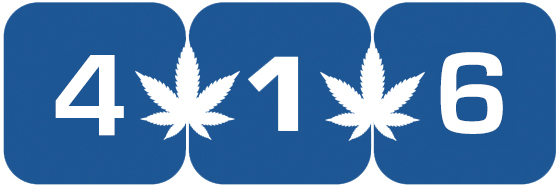Paris was born and raised in San Francisco, California, the Bay Area’s big sister city to Oakland, home of the Black Panther Party (BPP). Founded by Bobby Seale and Huey P. Newton in 1966, the BPP closely monitored the behavior of the Oakland Police Department and fought against police brutality. Paris organically stumbled upon the teachings of the Nation of Islam and the BPP, informing his music and ultimately placing his voice among Public Enemy and other revolutionary hip-hop groups at the time.
“I never got into this to be an activist,” he explained. “I just wanted to make music that banged and wasn’t silly; the conscious angle happened organically. I came up on Gil-Scott Heron, Curtis Mayfield. Parliament-Funkadelic, The Isley Brothers and Stevie Wonder—artists who made statements in their own respective ways—and I wanted to have a catalog that wasn’t disposable. Then Public Enemy came out and blew the lid off. That was it for me. After that, I never wanted to waste time on the mic or squander my voice.”
And Paris’ voice was loud. His debut album, 1990’s The Devil Made Me Do It, was so controversial, the title track was banned on MTV. Some record stores even refused to carry the album due to its graphic cover art featuring a police officer placing a young Black boy in a chokehold.
But like any provocative art, Paris’ work created a conversation and boldly reminded America just how racist and corrupt it is, especially on songs such as “Panther Power” and “The Hate That Hate Made.”
The senseless police killings of Black citizens such as George Floyd, Breonna Taylor and Elijah McClain continue to reverberate throughout the country as people grapple with the overt racism still prevalent in a post-Trump America. Needless to say, …
Read More
Author: Kyle Eustice / High Times








